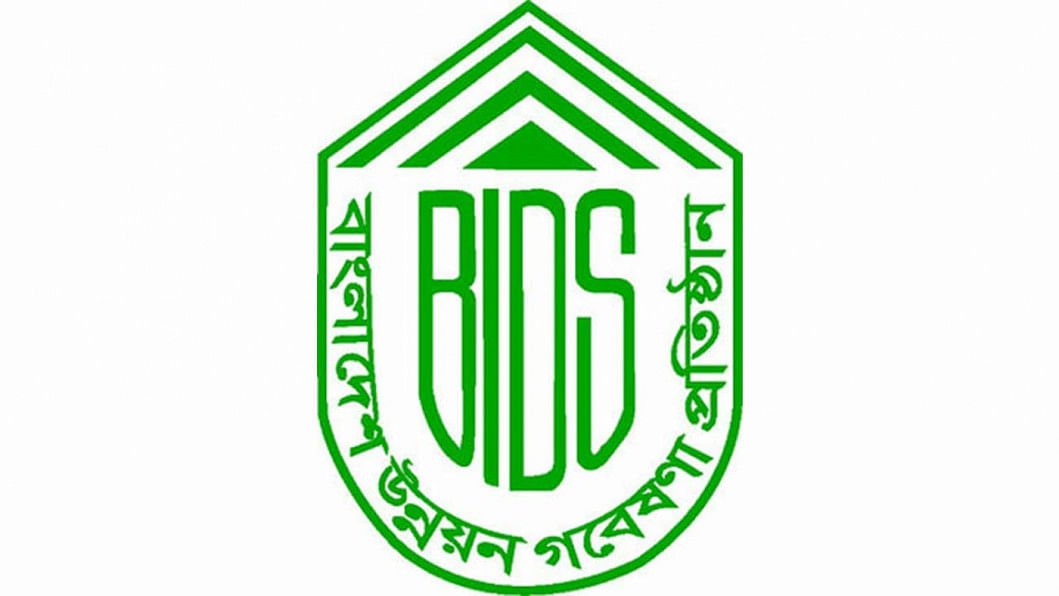Digital technology crucial for essential service delivery

Bangladesh needs to take the crucial decision of embracing digital technology to ensure essential services like healthcare and education, said Binayak Sen, director general at the Bangladesh Institute of Development Studies (BIDS), yesterday.
This is due to the inherent difficulty posed by the task of delivering the services physically among the massive population of 180 million people, he said.
"We must rely on some form of technology, digital technology or artificial intelligence, for access to health and education for the citizens of Bangladesh," he said.
"It's not possible for a country with 18 crore population to have face to face doctor consultation. Similarly, every primary school will not be able to get a qualified English teacher," he added.
"So, we need to give them some sort of digital access. If that happens in education and health, that will be certainly transformative for our society," said Sen.
He was delivering a speech at a session titled "Pathways to digital and social transformation" on the sidelines of "First Development Studies International Conference-DSIC 2024".
The Department of Development Studies at the University of Dhaka and Bangla daily Bonik Barta jointly organised the conference at Pan Pacific Sonargaon Dhaka yesterday.
The poor, who do not have the luxury of having face to face interactions like urban citizens, will be especially and immensely benefited, he added.
Sabiha M Khan, research associate at the BRAC James P Grant School of Public Health of BRAC University, presented findings of a research titled "Understanding Digital health Needs: A qualitative study to explore Urban and Peri-Urban User Experiences and challenges to Strengthen Digital Health Services in Bangladesh".
This study revealed a blend of positive and negative user experiences among a few respondents who availed digital health services, she said.
"Most of the people surveyed were unaware of available digital health services and how to access them. Lack of trust in digital healthcare providers and inadequate tailoring for marginalised communities drove people to opt for in-person services," she said.
"Despite government initiatives, the majority of the respondents did not know about digital health laws and policies in Bangladesh and understood user rights," she added.
Md Touhidul Islam, associate professor at the Department of Peace and Conflict Studies of the University of Dhaka, presented a paper titled the "Rohingya Repatriation from Bangladesh to Myanmar: Caught between Promises and Uncertainties".
He said any refugee situation incurs enormous costs, which host countries often cannot afford.
"Issues within negotiation processes and other contextual, evolving factors and looming uncertainties undermine the promises that have been made by the parties for Rohingya repatriation," he said.
Md Faruk Shah, associate professor at the Department of Development studies at the University of Dhaka, presented a paper titled "Climate Change effects on health and coping strategies of the indigenous people: a case study of the Santal community in Bangladesh".
He said the study findings indicate that the Santal people have adapted to local climatic variations and seasonal shifts by adhering to the natural cycles and processes of the environment.
They have a deep, inherited knowledge of the land, which makes them both hardy and inventive. They persistently strive to use various indigenous strategies to overcome these challenges, he added.
Ananya Raihan, chief executive officer at iSocial, said tech-based initiatives in Bangladesh have encountered challenges on both the demand and supply sides, hindering their scalability.

 For all latest news, follow The Daily Star's Google News channel.
For all latest news, follow The Daily Star's Google News channel. 



Comments